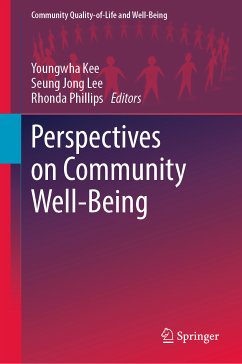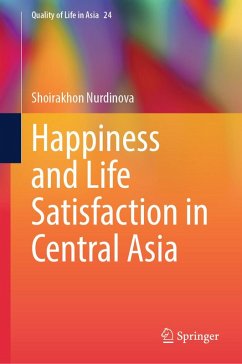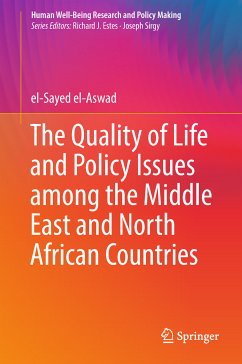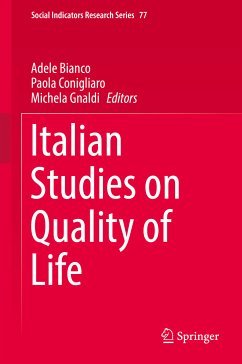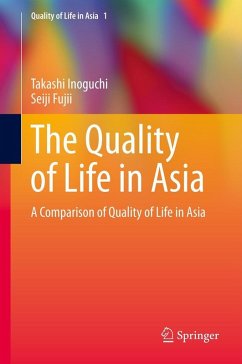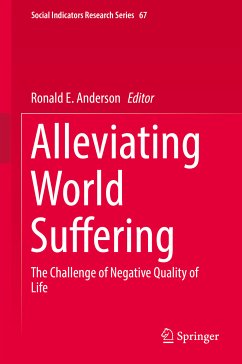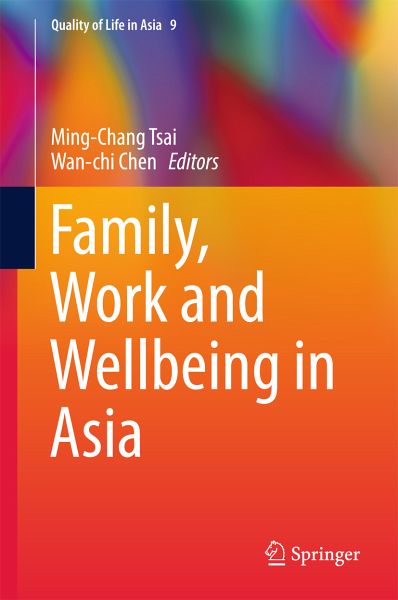
Family, Work and Wellbeing in Asia (eBook, PDF)
Versandkostenfrei!
Sofort per Download lieferbar
72,95 €
inkl. MwSt.
Weitere Ausgaben:

PAYBACK Punkte
36 °P sammeln!
This book delivers timely research on the various interfaces of family and work, and their impacts on individual wellbeing in East and Southeast Asia. It highlights changing family structures and processes, with special attention to inter-generational relationships, gender roles, cultural norms and employment. The book presents both qualitative and quantitative research works, adopting a comparative approach to analyze a number of demographics. In-depth field studies are also included, which present in detail the daily efforts of certain populations to attain better living standards by mobiliz...
This book delivers timely research on the various interfaces of family and work, and their impacts on individual wellbeing in East and Southeast Asia. It highlights changing family structures and processes, with special attention to inter-generational relationships, gender roles, cultural norms and employment. The book presents both qualitative and quantitative research works, adopting a comparative approach to analyze a number of demographics. In-depth field studies are also included, which present in detail the daily efforts of certain populations to attain better living standards by mobilizing available resources from within and outside the family. As such, the book is a valuable addition to contemporary research perspectives on family, work and living conditions in Asia.
Dieser Download kann aus rechtlichen Gründen nur mit Rechnungsadresse in A, B, BG, CY, CZ, D, DK, EW, E, FIN, F, GR, HR, H, IRL, I, LT, L, LR, M, NL, PL, P, R, S, SLO, SK ausgeliefert werden.



